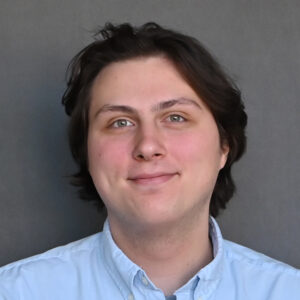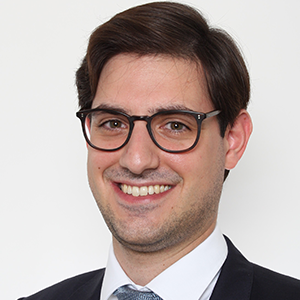The Nuclear Medicine & Molecular Imaging section offers a 12-month fellowship covering all aspects of PET/Molecular Imaging. The fellowship includes clinical work in PET/molecular imaging, research and teaching.
Fellows are hired as clinical instructors, which comes with a competitive benefits package. As part of this role, fellows cover calls related to nuclear medicine.
Weekly conferences are combined with nuclear medicine and include a good case conference, weekly seminars and a weekly journal club. Formal classes at the University of Wisconsin in molecular imaging are also available.
 Program Snapshot
Program Snapshot
Program Length: 1 year
Start Date: July 1st
NRMP Match: No
Application: UW–Madison Job Site
Appointment: Clinical Instructor
Accredited: No
Moonlighting: Available
Application Information
Requirements
Graduates of medical schools in U.S.A. must:
- Be U.S. board eligible/certified in Nuclear Medicine and/or Radiology
- Have an MD or DO degree
- Be eligible to obtain a Wisconsin Medical License before the start of the fellowship
Graduates of a foreign medical school must:
- Be board certified in their country of origin (passed ECFMG)
- Have USMLE certifications and passed Steps 1, 2, and 3 within five years
- Have one year of approved post-graduate training in the United States or Canada
- Be eligible to obtain a Wisconsin Medical License before the start of the fellowship
Application Process
The PET/Molecular Imaging Fellowship adheres to the Society of Chairs of Academic Radiology Departments (SCARD) policies for the application and interview process. Please refer to their site for details and changes from year-to-year.
The deadline for assuring full consideration is December 6, 2025. However, positions will remain open and applications may be considered until the position is filled.
To apply, complete the following steps:
- Review requirements and submit the following documents through the UW–Madison Job Site posting:
- Curriculum Vitae
- Personal Statement including career goals and professional plans
- Email, mail or fax Program Director Scott Perlman and Fellowship Coordinator Hunter Lewinski the following:
- Application for PET/Molecular Imaging Fellowship form
- Three letters of recommendation including one from your Residency Director
- USMLE Scores: Step 1, 2, 3
Please Note: The University of Wisconsin–Madison is not an authorized ACGME training site for non-accredited fellowships. Due to the clinical duties of the position, we are unable to accept or sponsor a J-1 Physician status.
 Key Dates
Key Dates
Application Review Begins:
Nov 1, 2025
Deadline for Full Consideration:
Dec 6, 2025
Interviews Begin:
Jan 12, 2026
First Day for Offers:
Jan 26, 2026 at 11am CT
Interviews Completed:
Mar 31, 2026
Public Announcement:
June 2026
Start Date:
July 1, 2027
Contact Information
Scott Perlman, MD
Program Director
sperlman@uwhealth.org
Ph: 608-263-5585
Hunter Lewinski
Fellowship Coordinator
hlewinski@uwhealth.org
Nuclear Medicine, Department of Radiology
Attn: Hunter Lewinski
600 Highland Ave, MC3252
Madison, WI 53792-3252
Fax: 608-265-7390
Benefits
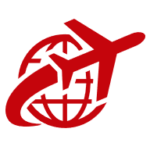 22 Vacation Days
22 Vacation Days
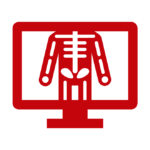 Home PACS to
Home PACS to
Enable Remote Work
 Competitive Salary Package
Competitive Salary Package
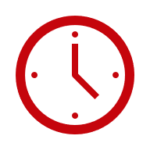 Funded Time for
Funded Time for
Research, CME & Meetings
 Parental Leave
Parental Leave
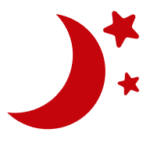 Moonlighting
Moonlighting
Opportunities
Nuclear Medicine and Molecular Imaging
As a fellow, you’ll be a key member of the Nuclear Medicine and Molecular Imaging section, which provides image interpretation of a wide range of nuclear medicine procedures including positron emission tomography (PET) examinations.
The section is composed of experts in multiple areas including general nuclear medicine and PET imaging, nuclear cardiology, and the imaging and treatment of patients with thyroid cancer. Therapies in patients with various forms of cancer, such as thyroid cancer, prostate cancer and neuroendocrine tumors are routinely performed with unsealed sources. The section has state-of-the-art imaging equipment including PET/CT, PET/MRI and SPECT/CT.
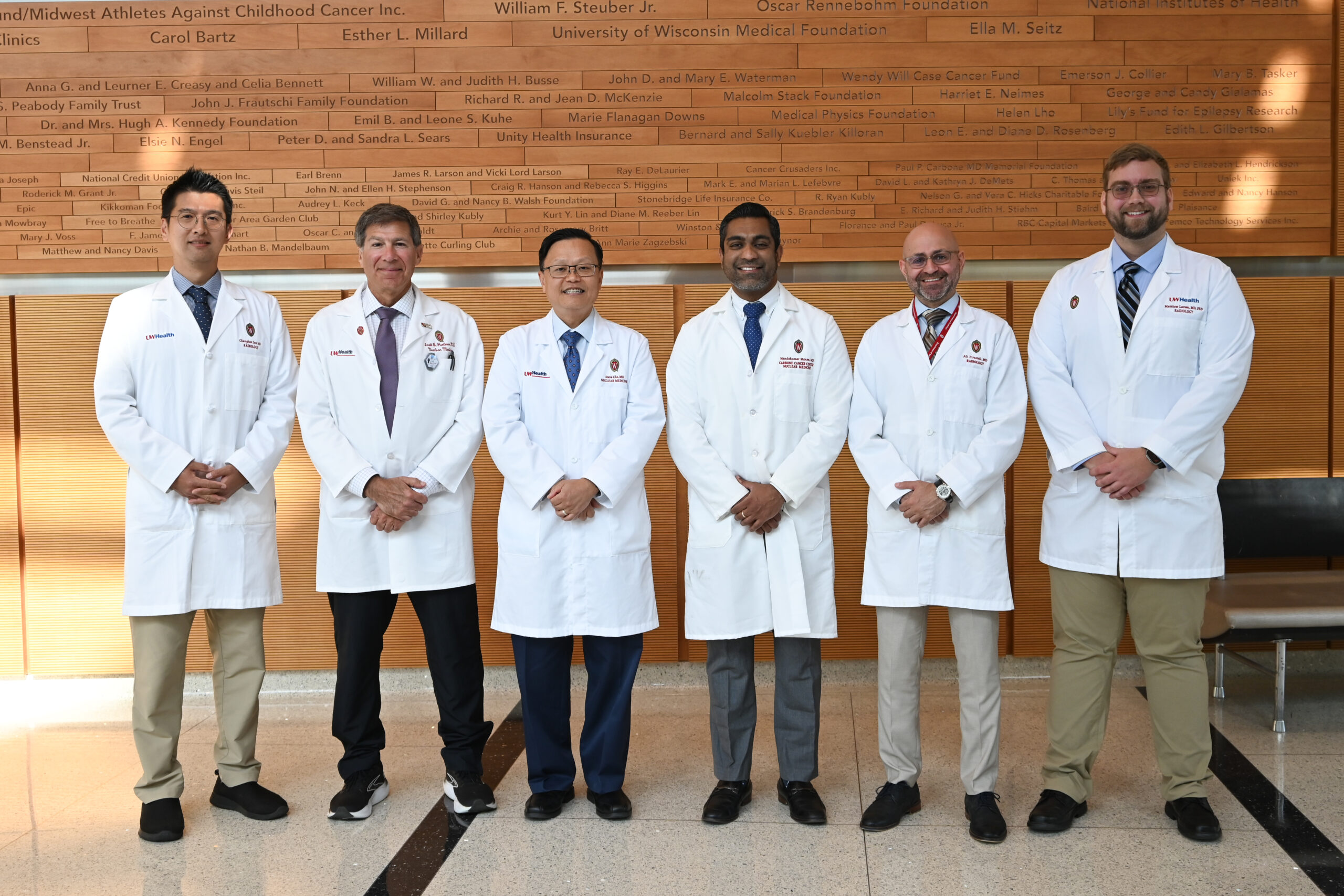
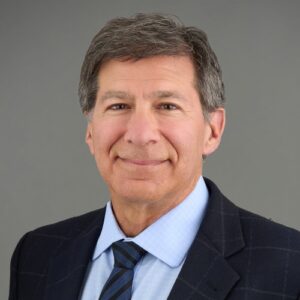
Scott Perlman, MD, MS
Interim Section Chief
Research Opportunities
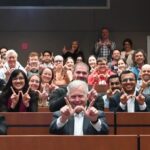 Zachary Clark Radiology Research Symposium
Zachary Clark Radiology Research Symposium
Held in spring, the annual symposium celebrates the high-caliber radiology research conducted by our fellows, residents, and medical students.
Our internationally renowned research programs are shining embodiments of discovery. Our department played a pivotal role in earning the Wisconsin Biohealth Tech Hub designation and is on the forefront of the transformative work it funds. Our research programs and labs are innovating in such areas as machine learning, ablation and molecular imaging. Our collaboration with industry means we’re helping to build tomorrow’s technology through efforts such as evaluating GE HealthCare’s photon counting CT scanner. Our resources provide support in statistics, IRB, grant administration and study coordination.
A key element of our research efforts is partnering with our clinical enterprise to accelerate translation of discoveries into widespread clinical practice.
From helping with the research to presenting it on the national stage, opportunities to engage in research abound for fellows!
Life in Madison
Make yourself at home! Madison ranks as one of the best places to live, work, play and raise a family.
Whether you’re looking for a night out at vibrant venues filled with live music or a peaceful day in a park with family, Madison has you covered. And while kicking back to enjoy the sunset on the Memorial Union Terrace is a winning option, there’s also recreational activities like biking, kayaking and skiing to keep you active.
Head over to Destination Madison to discover events, restaurants, recreational activities and more. Your new home awaits!

